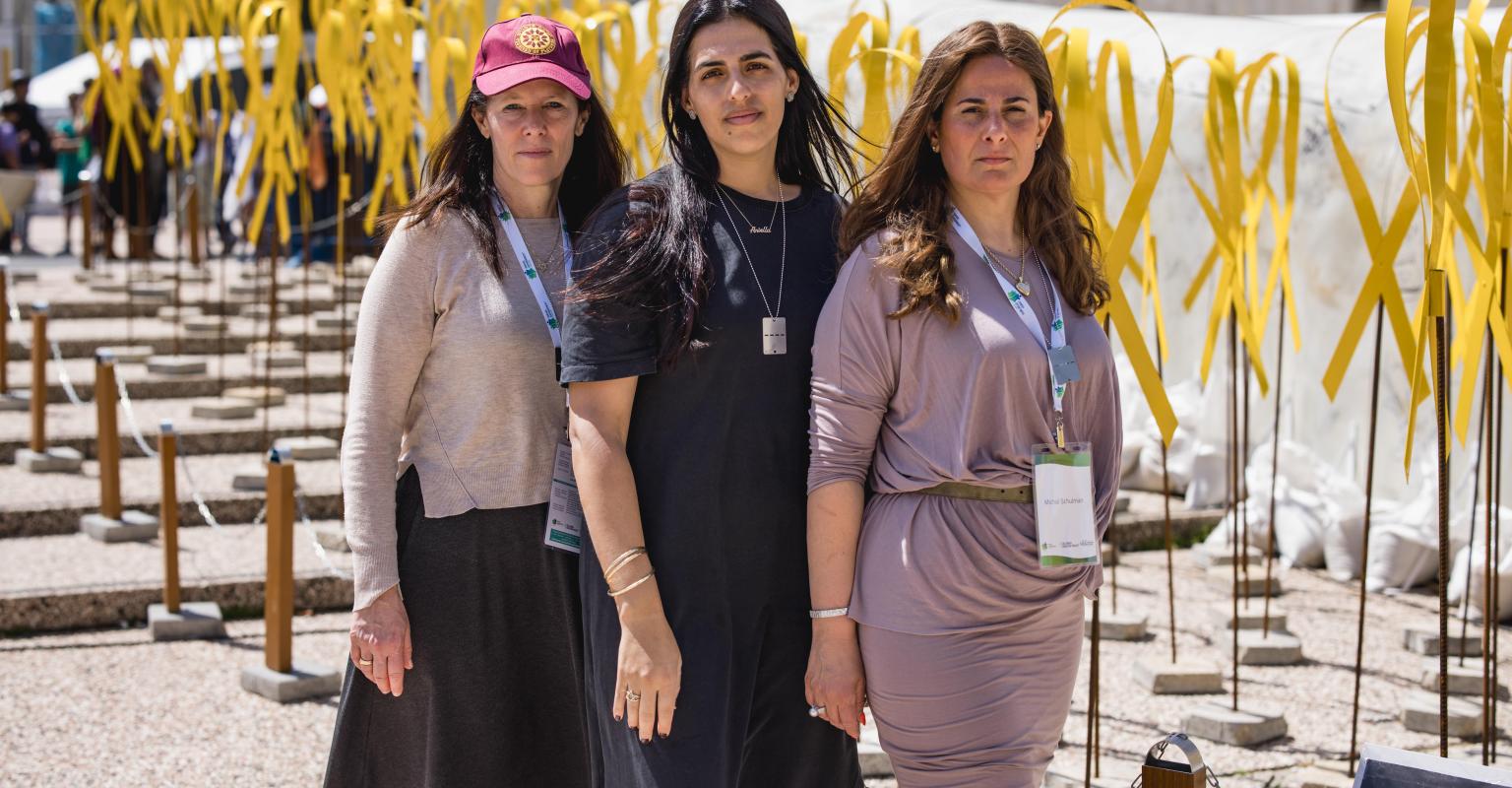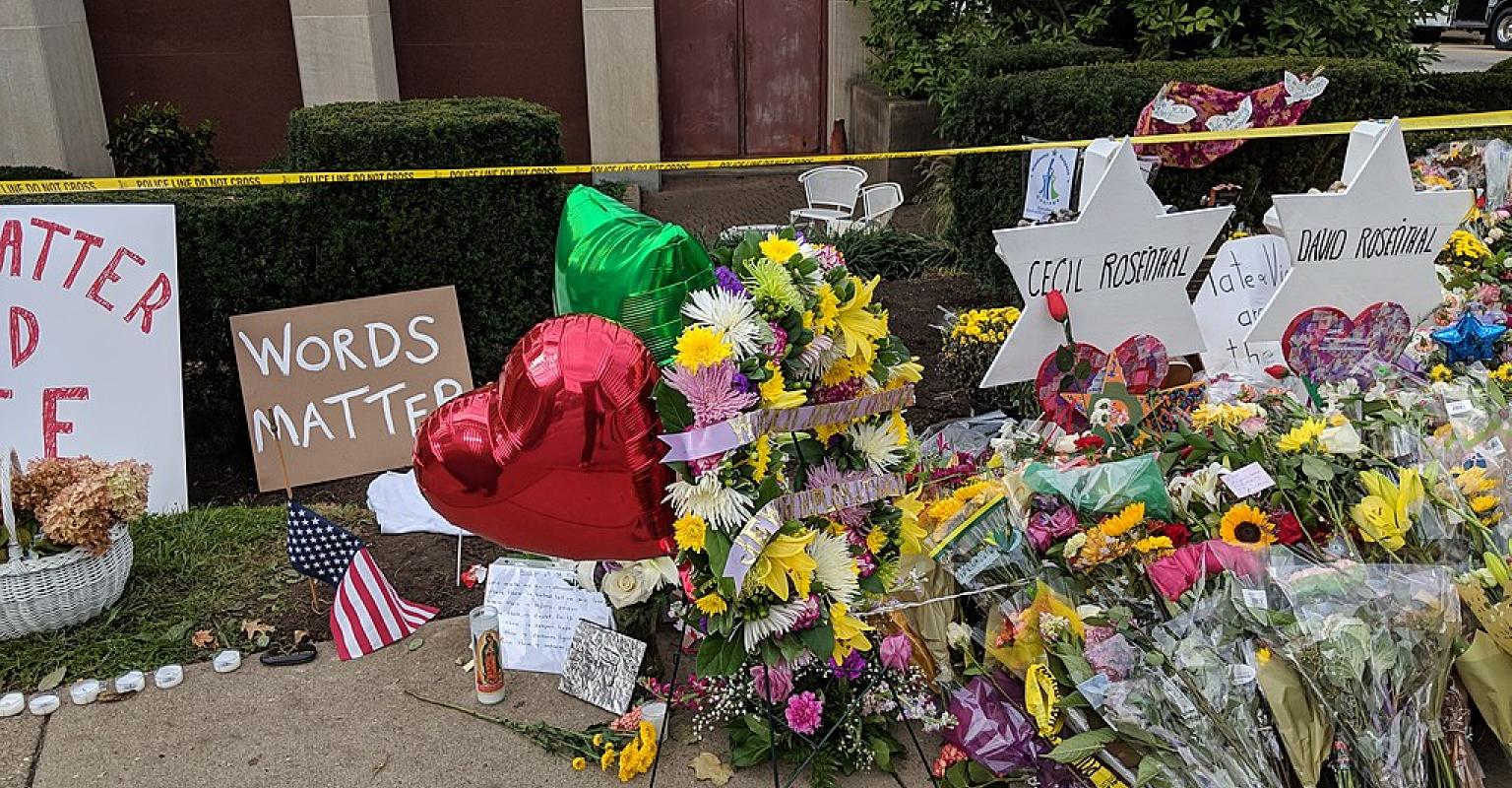The anticipated return of the hostages, which is hoped to take place in the coming weeks, is likely to be accompanied by a range of strong and intense emotions. It appears that some of the hostages will return home alive, while others have paid the heaviest price and were killed or murdered during or after the massacre.
For others, their fate remains unclear, and we hope for the swift return of all. For us, as adults, this situation will evoke many feelings and questions. Children, who are sensitive to us, will also experience, to a large extent, what is happening. At this time, many parents are wondering how to explain the situation to their children. It is important to convey the information to children in an organized and age-appropriate manner and not to wait for the information to reach them indirectly, in ways over which we have no control.
The information shared with children should be truthful and accurate, avoiding graphic details or knowledge that is not age-appropriate. Additionally, it is crucial to moderate and supervise the information and images coming from the media.
- Community Trauma
- Israel
- Not Grade Specific
- Educator Training
- Family Engagement
Discover more

Two years after October 7th, CEO David Bryfman delivers an unscripted, deeply personal message to Jewish educators who have carried impossible burdens through unimaginable circumstances. This isn't a typical Adapting episode. It's a raw, honest monologue about what it means to educate when the world

Rev. Liddy Barlow and Rabbi Ron Symons discuss working together in Pittsburgh and beyond in Episode Aleph of the Thought Experiment Podcast.
The Educational Alliance Preschool has implemented a thoughtful school process that puts children and families at the center.
